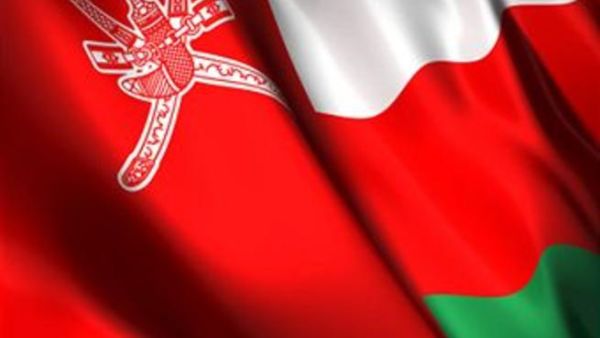The Cluttons report demonstrates the market expansion that has been facilitated through rising oil prices in the first half of 2011 and the resulting rise in national revenues and government income. This has had a positive effect on both personal incomes and the private sector as a whole.
Cluttons, the real estate specialist that has enjoyed a dedicated Middle Eastern presence since 1976, and is currently celebrating its 25th year of operation in the Sultanate, yesterday issued its Oman third quarter reports for the retail and logistics sectors. In the retail sector, five current developments will deliver an additional 100,000 square metres of good quality retail space into the market over the next 18 months, adding to the 300,000 square metres that is currently available.
Upcoming openings include the 60,000 square metres Grand Mall in the large scale Tilal Complex - a mixed-use development in Al Khuwair, and the 6,500 square metres Royal Opera House Mall. The Grand Mall will be the largest and most significant retail mall opening since Muscat City Centre in 2001. Despite the global downturn, there is a continuing strong demand for smaller retail spaces, especially from within the food and beverage sector.
Tenants are seeking units within successful retail malls with proven footfalls or in prominent locations with good parking. Shopping centres Demand also remains good for established shopping centres but concerns do exist over the popularity of some of the newer retail malls which are performing below expectations. The retail sector has traditionally been constrained by the country's relatively low levels of disposable per capita income.
Recent statistics from the Ministry of National Economy indicate, however, that salaries in the private sector have seen significant increases in the first half of 2011. Cluttons predicts that this increased level of disposable income will be of significant benefit to the performance of the retail sector. In the industrial sector, government figures show that Oman's industrial sector continues to grow in line with the government's Eighth Five Year Plan.
The manufacturing sector contributed RO621 million in the first half of 2011, in contrast to RO508 million in the first half of 2010, whilst the transport, storage and communication sector grew from RO395m to RO452m over the same period. The recent government directive addressed the phased movement of cargo and container operations from Port Sultan Qaboos (PSQ) to Port of Sohar, with an intended deadline of the end of 2012.
Cluttons considers this to be a positive step in providing greater structure and certainty for the development of the light industrial and logistics sector in the Sultanate. The Port of Sohar has shown significant development over recent years in terms of freight throughput and vessel calls. This growth will be enhanced with the re-routing of freight traffic from PSQ. In addition to the world-class facilities at Port of Sohar, the city has an improving transport network, expanding heavy industrial activities, a good industrial estate and a 4,500 hectare freezone under development. Sohar airport development New roads, coupled with the port's strategic location outside the Straits of Hormuz, the development of Sohar airport and connection to the proposed GCC railway network provide the opportunity for Sohar to establish itself as a regional industrial and logistics hub with global potential. Overall, the majority of warehousing and light industrial units in Oman remain owner built and occupied.
As a result, there continues to be a very limited supply of such units available for rent. Cluttons' experience of the Muscat and Batinah markets is that demand for warehousing facilities is good with the result that rental values for warehousing have remained stable whilst other property sectors have shown significant declines over recent years.








